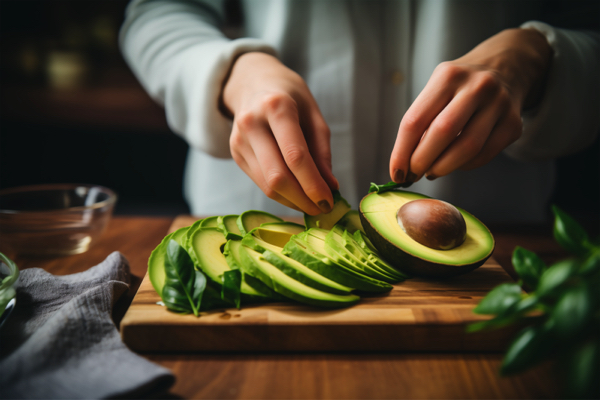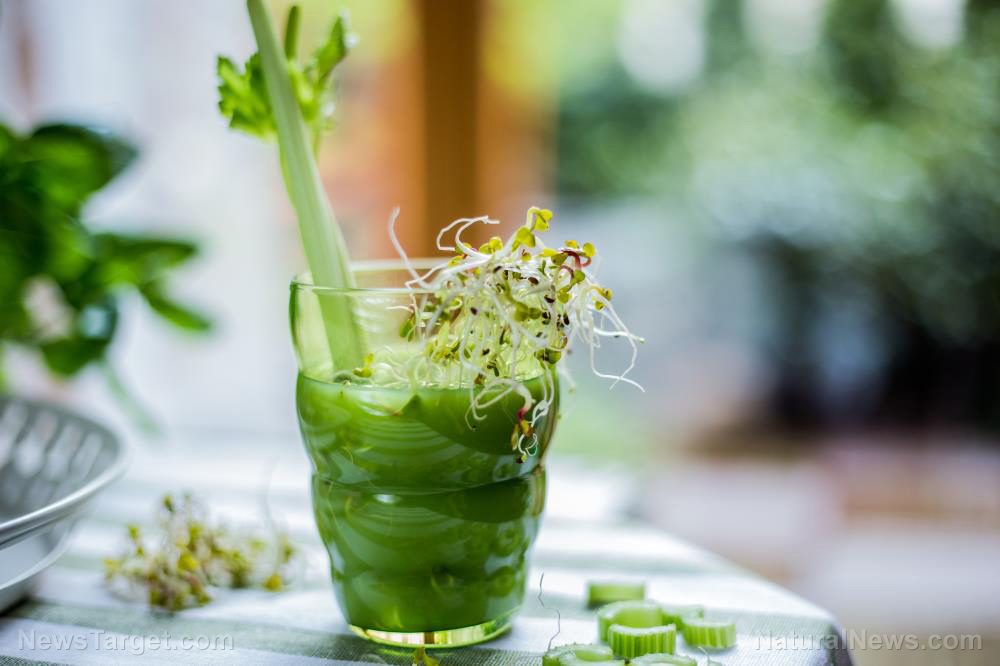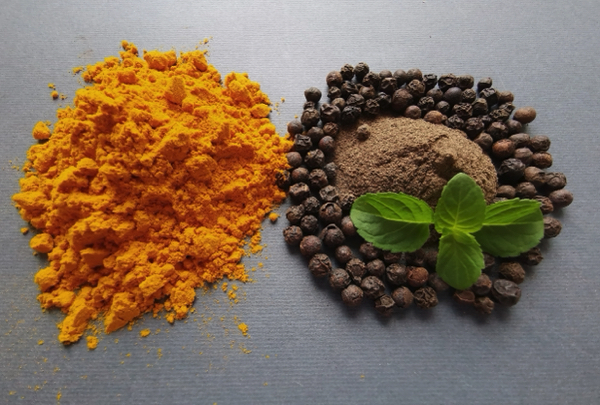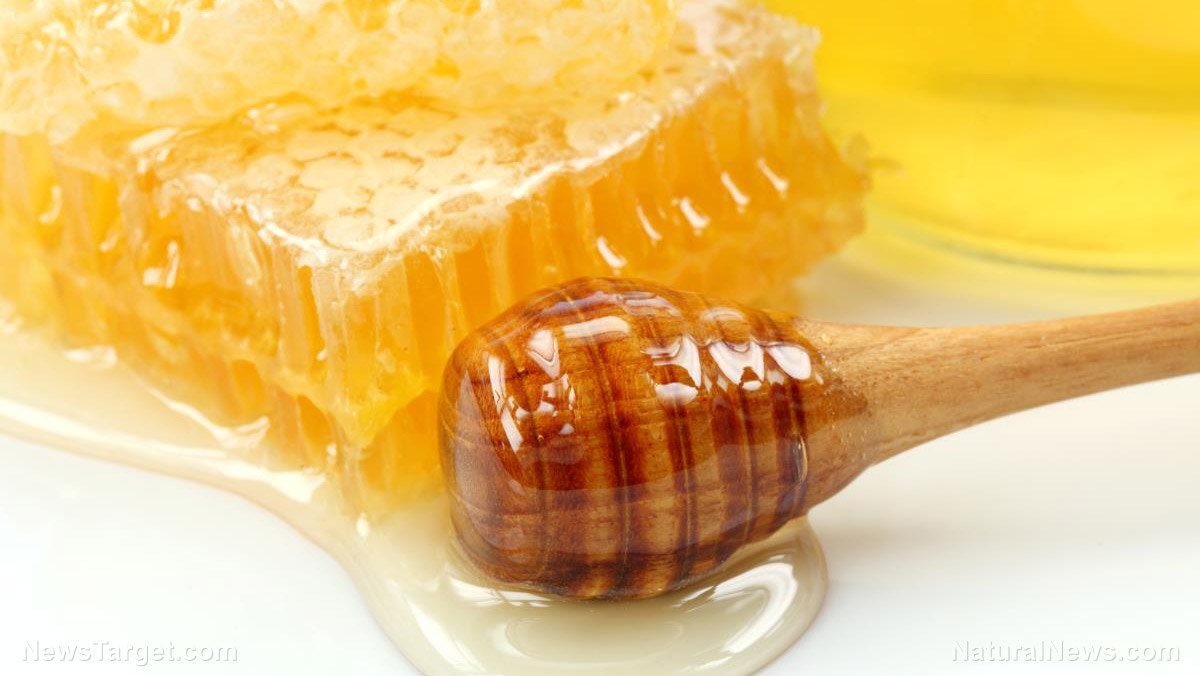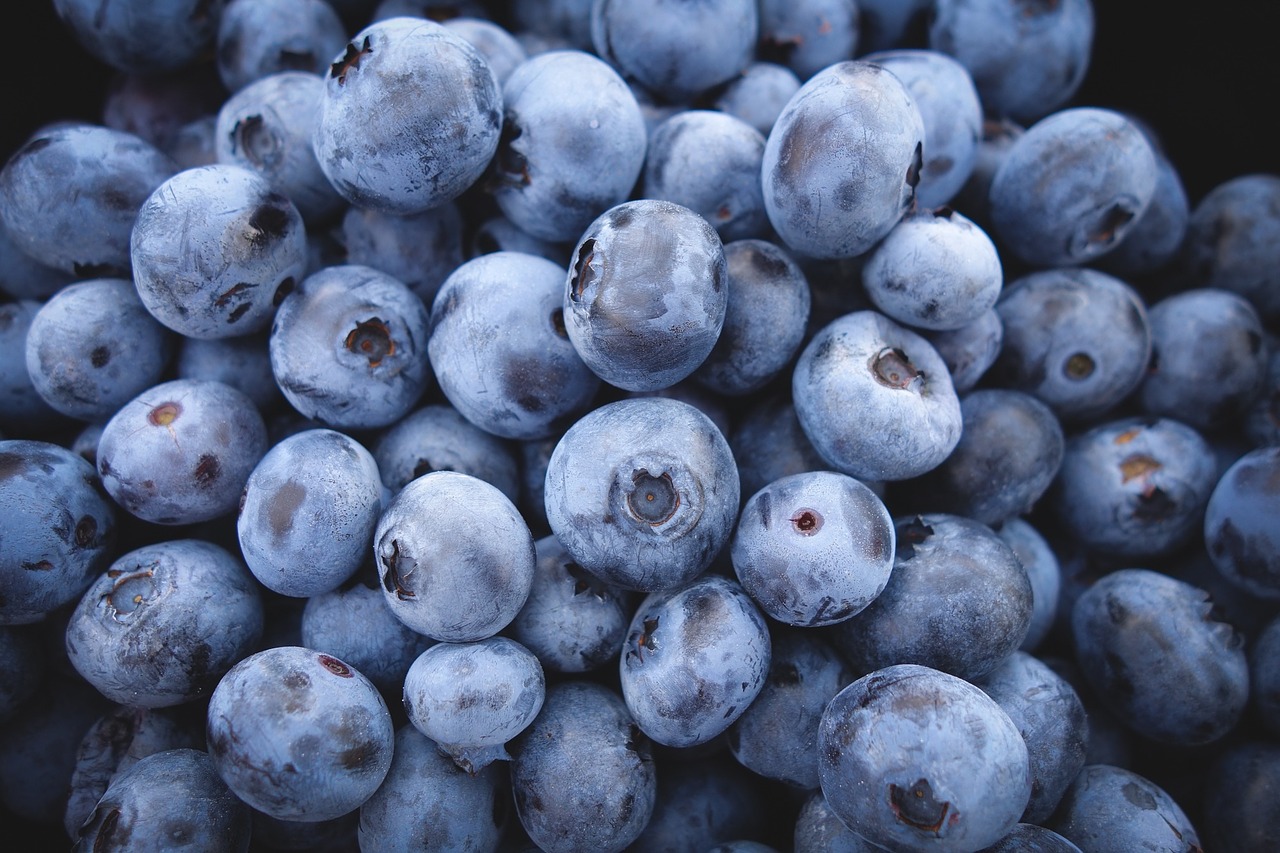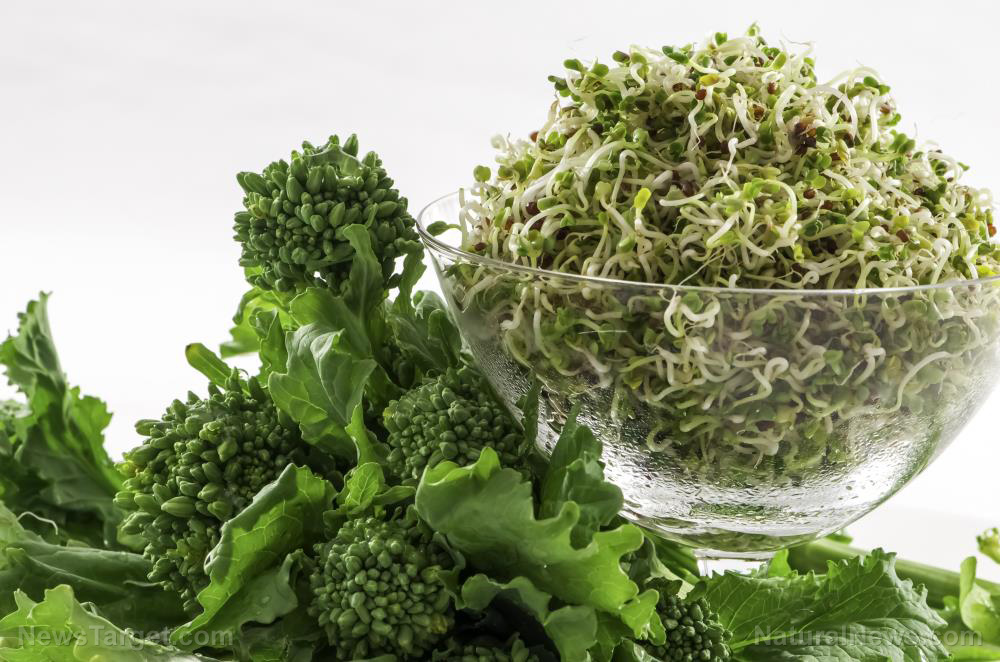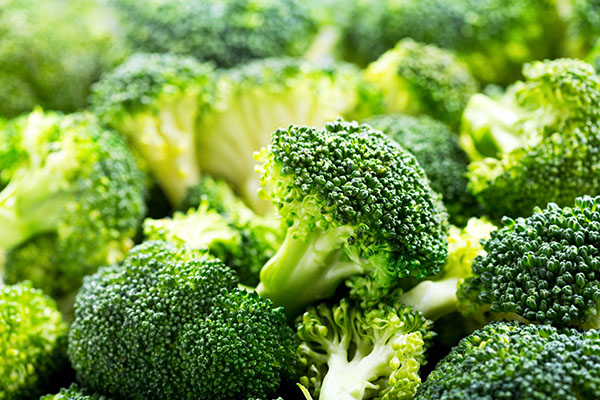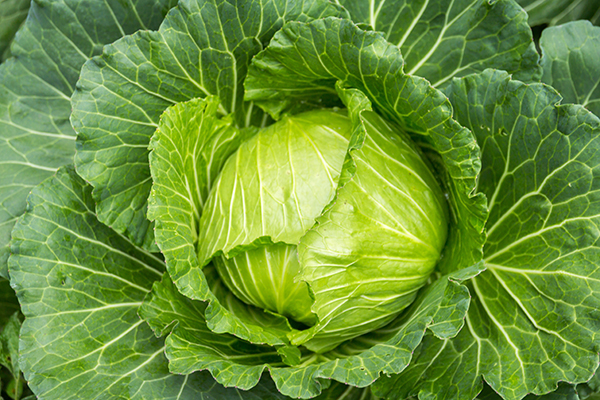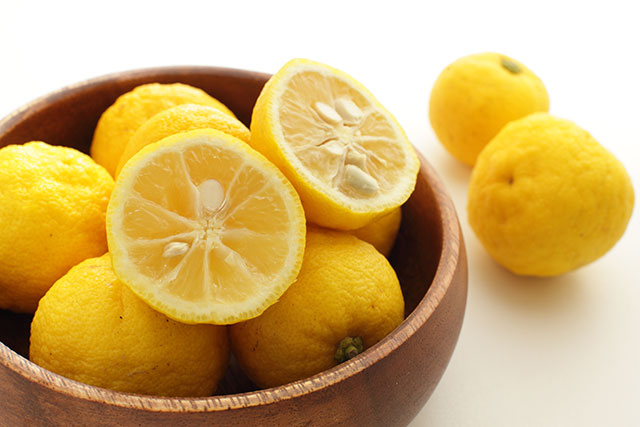Wild blueberries found to improve cardiovascular health and cognitive performance in older adults
05/21/2024 / By Evangelyn Rodriguez

Blueberries are currently in season, perfect timing for you to consider adding this superfruit to your daily diet.
According to a randomized controlled trial involving older adults, consuming 178 grams (around 75 to 80 pieces) of fresh wild blueberries every day can help you maintain healthy heart and brain functions.
Wild blueberries vs ordinary blueberries
While both are nutritious and rich in antioxidants, wild blueberries differ significantly in many aspects from cultivated blueberries. For one, wild blueberries are typically flash-frozen after being harvested and sorted. This ensures that the fruits retain their freshness, taste and vast nutrient content for longer periods.
Unlike ordinary blueberries, wild blueberries are gathered at the peak of their ripeness, which is why they need to be consumed immediately or otherwise frozen to maintain their freshness.
Cultivated blueberries, on the other hand, are picked before they are ripe, so they can survive months-long transportation without going bad. Organic growers choose to sell cultivated blueberries fresh instead of frozen. In fact, nearly half of all cultivated blueberries grown in farms are sold as fresh blueberries.
In case you are wondering, wild blueberries naturally grow on a desolate plain known as the Barrens of Maine. There, lowbush (wild) blueberries are the predominant shrub. While many blueberry barrens in the state remain untouched, some barrens in Downeast Maine are now actively managed by independent, family-owned growers.
Wild blueberries have a sweet, mildly tart taste and come in a variety of colors, such as pink, dark blue and light or dark purple. They are also said to have one of the highest concentrations of antioxidant polyphenols among plant-based foods. (Related: Blueberries prevent chronic disease by reducing inflammation in your body.)
Naturally low in sugar, wild lowbush blueberries contain 30 percent less sugar than cultivated highbush blueberries and boast a low glycemic index score of 53. Wild blueberries are also a rich source of manganese, an important mineral for blood sugar control. These qualities make wild blueberries an excellent fruit to snack on for people who need to watch their sugar intake.
Wild blueberries also contain 72 percent more fiber than cultivated blueberries because they have a higher skin-to-pulp ratio. Fiber-rich foods are good for the heart as they can help lower blood cholesterol. Fiber consumption also supports healthy digestion and regular bowel movements and even helps regulate blood sugar.
A 100-gram serving of wild blueberries can provide you with other essential nutrients, such as:
- Copper (three percent of the Daily Value, or DV)
- Iron (two percent of the DV)
- Magnesium (two percent of the DV)
- Phosphorus (two percent of the DV)
- Potassium (two percent of the DV)
- Zinc (two percent of the DV)
- Vitamin B1 (six percent of the DV)
- Vitamin B2 (32 percent of the DV)
- Vitamin B3 (four percent of the DV)
- Vitamin B5 (five percent of the DV)
- Vitamin B6 (two percent of the DV)
- Vitamin B9 (eight percent of the DV)
- Vitamin C (20 percent of the DV)
- Vitamin E (11 percent of the DV)
- Vitamin K1 (14 percent of the DV)
Wild blueberries for healthy heart and brain functions
Upgrading your diet with the addition of wild blueberries can do wonders for your body, especially since it can improve nutrition. And if that’s not enough to convince you, a recent study published in the American Journal of Clinical Nutrition reported that eating wild blueberries every day can help lower your blood pressure and enhance your brain function. (Related: Blueberries contain a specific substance that can prolong your life.)
The aim of the study was to determine if the vascular and cognitive benefits associated with wild blueberries are linked to improved blood flow to the brain and blood vessel function. The researchers recruited 61 healthy adults aged 65 to 80 years and randomly gave them either a placebo or 26 grams (g) of freeze-dried wild blueberry powder containing approximately 302 milligrams (mg) of anthocyanins.
Anthocyanins are water-soluble plant pigments (polyphenols) that give many vegetables and fruits, including wild blueberries, their signature red, purple or blue color. Wild blueberries contain high amounts of anthocyanins, which have been shown to have antioxidant, anticancer, anti-diabetes, anti-obesity, neuroprotective and cardioprotective properties. (Related: Blueberries are more effective at killing cancer than radiotherapy.)
For 12 weeks, the study participants consumed what they were given daily together with their normal diet. Meanwhile, the researchers measured the participants’ cognitive function, arterial stiffness, blood pressure, cerebral blood flow, blood parameters and endothelial function (presented as flow-mediated dilation, FMD) at the start of the trial and once more at the end of the trial.
The researchers reported that regular consumption of wild blueberry powder resulted in a significant increase in FMD as well as a decrease in the participants’ ambulatory systolic blood pressure. Compared to those who received the placebo, participants who took the wild blueberry powder also exhibited enhanced immediate recall on their auditory verbal leaning task and better accuracy on a task-switch task, which measures a person’s ability to unconsciously switch his attention between one task and another. (Related: Study: Citrus fruits can help you maintain healthy cognitive function as you age.)
These results suggest that daily consumption of wild blueberries improves blood vessel function and consequently blood flow to the brain, leading to enhanced cognitive performance in older adults. The researchers believe these benefits are linked to the polyphenols present in wild blueberries. Because of their positive effect on blood pressure, the researchers also believe that wild blueberries could help reduce one’s risk of cardiovascular disease when consumed regularly.
“Daily intake of [wild blueberry] powder, equivalent to 178 g fresh weight, improves vascular and cognitive function and decreases 24-hour ambulatory systolic BP (blood pressure) in healthy older individuals. This suggests that [wild blueberry] (poly)phenols may reduce future [cardiovascular disease] risk in an older population and may improve episodic memory processes and executive functioning in older adults at risk for cognitive decline,” the researchers concluded in their report.
Blueberries are a potent superfood that offers many health benefits. Incorporate wild blueberries into your diet by adding them to nutritious smoothies, plain yogurt and salads; using them to make healthy desserts; making simple blueberry ice cubes; and sprinkling them on top of your favorite oatmeal or morning cereal.
Find out more about blueberries and other superfoods that can boost your brain and heart health at Food.news.
Watch the following video to learn about how blueberries can improve communication between brain cells.
This video is from the Natural News channel on Brighteon.com.
More related stories:
Berry good: Researchers discover lifespan-extending compound in blueberries.
Wild bees are ESSENTIAL for producing larger and better blueberries.
Why blueberries should be a staple in your diet.
How to grow blueberries in pots this summer.
Blueberries: Superfood that can help you improve brain health.
Sources include:
Submit a correction >>
Tagged Under:
anthocyanins, antioxidants, brain function, brain health, cognitive function, cognitive health, food cures, food is medicine, food science, fruits, health science, heart disease, heart health, natural cures, natural health, natural medicine, organics, phytonutrients, prevention, research, wild blueberries
This article may contain statements that reflect the opinion of the author
RECENT NEWS & ARTICLES
GroceryCures.com is a fact-based public education website published by Grocery Cures Features, LLC.
All content copyright © 2018 by Grocery Cures Features, LLC.
Contact Us with Tips or Corrections
All trademarks, registered trademarks and servicemarks mentioned on this site are the property of their respective owners.

